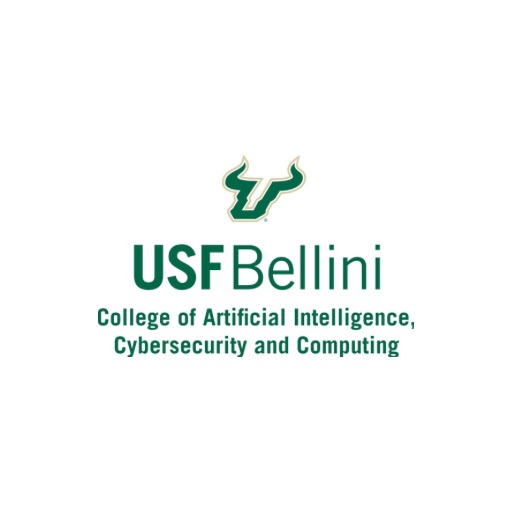View All Education
Training your people with cyber security courses to protect your business is essential. This section is curated carefully to help you quickly browse and find the best cyber security courses. Start to gain the knowledge and skills needed to become an industry-ready IT security professional or be more aware about cyber security threats.

View All
Bachelor of Science in Cybersecurity — University of North Carolina Wilmington
UNCW’s STEM-designated B.S. in Cybersecurity integrates hands-on labs, certification prep, and two specialization tracks (Applied Cybersecurity and Cy…
LEARN MOREBachelor of Science in Cybersecurity — Northeastern University
Northeastern’s B.S. in Cybersecurity at Khoury College combines deep CS fundamentals with hands-on co-ops, real-world labs, and ethical + policy insig…
LEARN MOREBachelor of Science in Information Technology in Cybersecurity — Walsh College
Walsh College’s B.S. in IT – Cybersecurity blends hands-on labs with faculty expertise and NSA/CNSA certification. Students master cloud security, eth…
LEARN MOREBachelor of Science in Cyber Operations — Cedarville University
Cedarville’s NSA-certified B.S. in Cyber Operations equips students with elite skills in cyber defense, cryptography, forensics, and policy-driven sec…
LEARN MOREBachelor of Science in Cybersecurity — Brigham Young University
BYU’s B.S. in Cybersecurity blends technical depth with ethical grounding. Students gain hands-on experience in forensics, penetration testing, and sy…
LEARN MOREInformation Technology Network Security — Contestoga University
Conestoga College’s one-year graduate certificate in Information Technology Network Security equips students with the hands-on expertise to secure sys…
LEARN MOREBSc in Cyber and and Network Security — Guilford College
The B.S. in Cyber and Network Security at Guilford College blends ethical computing with advanced technical training. Students gain real-world experie…
LEARN MOREComputer Science and Engineering PhD. In University of South Florida
USF’s Ph.D. in Computer Science and Engineering prepares students for high-impact careers in academia, R&D, and tech leadership. With specializations …
LEARN MOREMasters in Cybersecurity In University of South Florida
USF’s M.S. in Cybersecurity is a 30-credit online program covering core topics—like cryptography, network security structures, cybersecurity practicum…
LEARN MOREMaster of Science in Computer Engineering from University of South Florida
USF’s M.S. in Computer Engineering offers both thesis and non-thesis options within a 30-credit curriculum. Core courses cover architecture and algori…
LEARN MOREMaster of Science in Computer Science from University of South Florida
USF’s M.S.C.S. offers both thesis and non‑thesis tracks across a 30-credit curriculum, with core courses in OS, algorithms, and architecture and elect…
LEARN MOREPhD in Big Data Analytics from University of South Florida
USF’s PhD in Big Data Analytics is an interdisciplinary STEM doctorate combining data science, system engineering, statistics, and social science. It …
LEARN MOREImportance of Cyber Security Education
Cyber security education is vital to the safety and well-being of our digital world. It is essential to stay informed and aware of the current cyber threats and strategies to protect against them. With an understanding of these threats, individuals and businesses can remain secure in their data environments.
The importance of cyber security education cannot be overstated. As technology advances, so do the methods used by hackers and malicious actors. Companies must stay abreast of the latest cyber security trends to prevent data breaches from occurring in their systems. Individuals should also learn to protect themselves from online threats like phishing attacks, malware, and identity theft.
What education is needed for cyber security?
Cyber security is one of the most important aspects of modern technology, and it requires a unique set of skills to protect data and networks from malicious attacks. To become a cyber security expert, one must understand computer science, information systems, and network security. A good background in mathematics is also necessary as many cybersecurity techniques involve complex algorithms and encryption methods. Additionally, knowledge of coding languages such as C++ or Python is essential for designing secure software applications. With the proper education and training, anyone can become a proficient cyber security specialist.





























